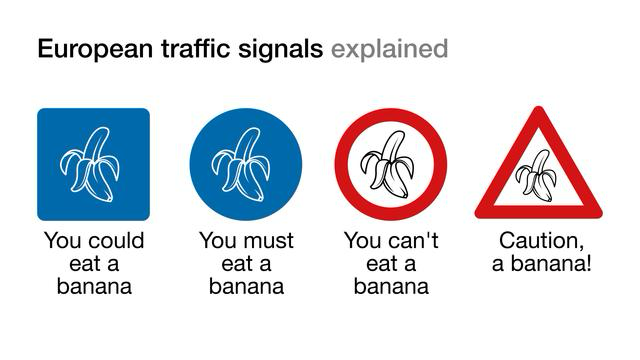From Europe or about Europe
86 readers
126 users here now
From Europe
or about Europe
Basics:
- This is a curated community but everyone is welcome to post. Please read the rules before engaging.
- Intent of this community is to fit the purpose rather than being popular.
- I encourage browsing content sorted by the time of posting.
Etiquette
- Basic human decency, authenticity, honesty and accountability.
- No witch hunts, no doxxing, no brigading.
- No punching down.
- No approval for authoritarianism.
- No hate speech against groups based on innate traits.
- Aesthetics irrelevant, profanities are human but don’t use them to replace punctuation.
- Downvotes for offtopic only.
Content:
- From Europe or about Europe.
- Europe is Iceland and Georgia but not Israel or Turkey.
- In English for news unless breaking with translation provided. Other European languages are allowed for things where meaning can be inferred from context.
- If source not clear from the URL (like YouTube) please provide author name after a „|” separator in the title.
- No title editorialising unless for unclear or unnecessarily alarmist titles. Change it in a neutral matter or provide non-biased context or wing it as long as it’s descriptive.
- No dupes within reason, new content must contain new information or offer in-depth analysis or opinion. In case of breaking news, if dupes exists decision which one to preserve will not be based on time of posting but on quality and number of comments.
- Direct links only.
- Paywalled content permissible as long as archived version is provided or if breaking news.
- Regular journalism only for news content. No blogs, social media unless from official accounts.
- Prioritise posting concrete actions and deliveries over posting political speech and announcements.
- Prefer nice things and responsible journalism but require truth over feeling nice.
- Prefer original source.
- Content should stimulate discussion but no outrage porn, by extension no news on minor crime.
- Frogs can be posted on Wednesdays.
Subject to mod taste:
- No self promo of anything that can give monetary gain, other promo permissible within reason as long as it’s from an established user and hosted on an open network.
- No excessive trolling, no clowning.
- No low quality or low effort content. Memes allowed if original content of high quality. Applicable to posts more than comments.
- No vulgar content - no porn, no gore.
- Arbitrary bans will be awarded for making my life harder.
Moderation style:
- Mods are people. Mods will make mistakes and sometimes not own to it for some time.
- Mods are not responsible for the way you browse this community, I assume everyone read the rules before engaging.
- Mods sleep. Content not being taken fast enough doesn’t mean it’s permitted. Might leave stuff up not to stop people from discussing.
- Hope to lead by an example rather than with force. Can’t say if this is not an aspirational speech yet.
- I’m rather ill and have no succession plan. If you want to join in you’re welcome but I can be a bit of a tyrant.
Bias disclaimer:
- I was trigger happy on Reddit. This should be more lax but some things can still merit outright ban without warning.
- I’m mostly concerned with economic violence rather than culture wars. This will affect things subject to mod taste but not the general rules.
- I’m a member of Razem, a left wing political party. This will not affect taste decisions but please hold me accountable where this party affiliation specifically made me biased. This community is not intended to be affiliated with Razem.
- I refrained from modding not to end up on !yepowertrippingbastards but now I intend to because this community is going to be curated according to the rules above. Cheers.
founded 1 week ago
MODERATORS
26
27
28
29
30
31
32
33
34
35
36
4
Caught between the EU and U.K., Northern Ireland faces an extra layer of tariff uncertainty
(www.theglobeandmail.com)
37
38
39
40
41
42
43
44
45
46
35
Radio Free Europe says US switches off satellite transmitting Russia broadcast
(www.straitstimes.com)
47
48
49
50
